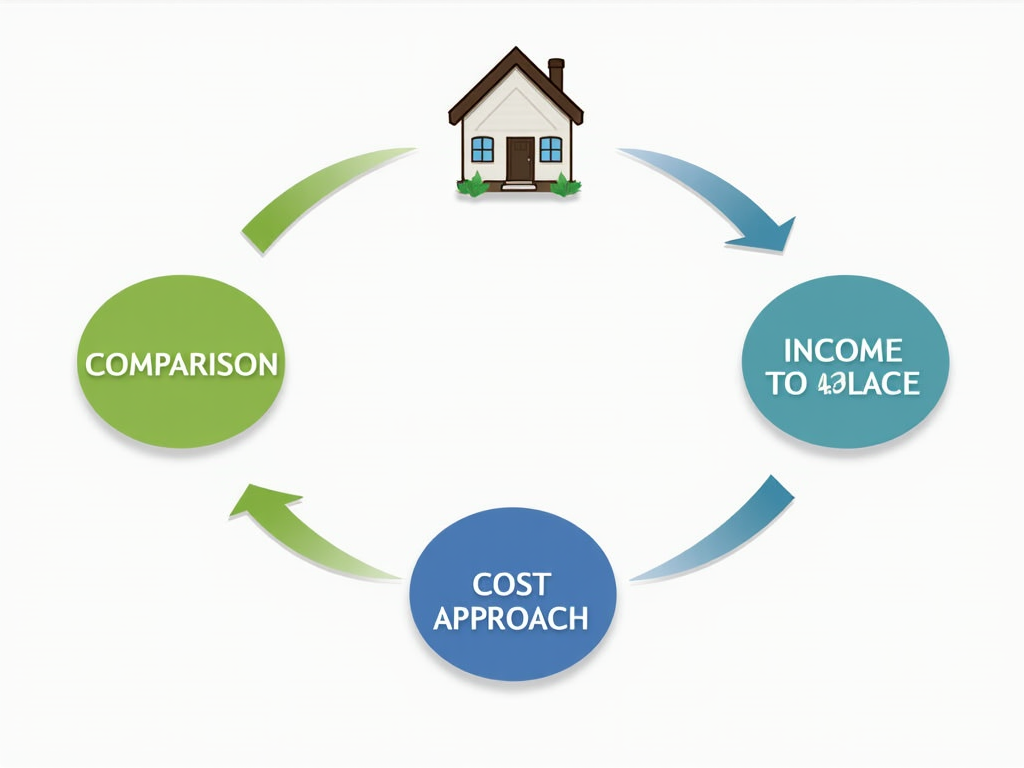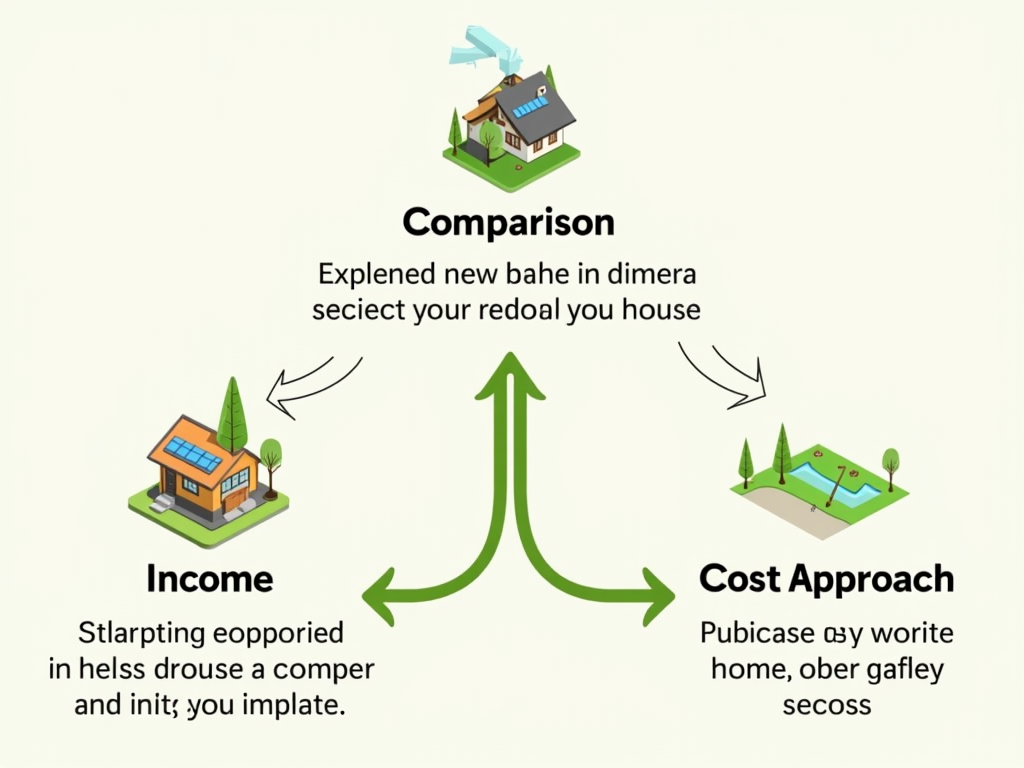Valuing a property is like deciphering a secret code that unlocks the path to successful investments. Whether it’s for buying, selling, or optimizing a portfolio, understanding valuation methods is essential. In this article, we will explore the three main valuation methods recognized in Germany and illustrate the steps and costs of a professional appraisal. These insights will help you recognize the true value of your property and make wise decisions.
The Mosaic of Property Valuation: Comparing Methods

Determining the value of a property requires a deep understanding of its dynamic characteristics and integration into the local market. To achieve an informed valuation, three primary methods can be employed: the comparative method, the income method, and the asset value method. Each of these valuation techniques has its unique strengths and weaknesses, which are important to understand.
Let’s start with the comparative method, which is notable for its closeness to market events. It is ideal for apartments and single-family homes, as it is based on the sale prices of similar properties in the area. This method is practical and provides tangible results, as long as there are enough comparable properties. However, one of the challenges lies in the dependence on market fluctuations and the sufficient number of sales of similar properties.
The income method emphasizes the income of a property. This method is particularly interesting for rental properties, as it considers potential rental income in the valuation. This makes it particularly appealing for investors who want to determine the value of multi-family or commercial properties. While this method allows for many variables and adjustments to provide realistic results, it heavily relies on actual interest rates in real estate and only marginally considers future rent increases.
Finally, the asset value method is worth mentioning, as it focuses on construction costs. It is particularly relevant for custom properties or those of historical interest, which do not have easy comparisons in the open market. The calculation is based on exact construction costs, but is time-consuming and complex. Although it provides a detailed snapshot of the property, it does not necessarily reflect the current market conditions.
Comparing these methods clearly shows that choosing the right approach depends heavily on the type of property, its use, and the data available. An interaction or combination of methods can ensure a more comprehensive and accurate valuation. This offers security and clarity to owners and buyers in their decisions.
The Path to a Reliable Property Value: Steps and Costs of the Appraisal

A property valuation can be the key to determining the true value of your property. The process of such an appraisal is both detailed and precise. It begins with contact with a qualified expert, who often offers free initial consulting. This consultation helps establish the most appropriate valuation approach based on the type of property and the purpose of the appraisal.
Next, an inspection appointment takes place, during which the expert examines the property. Technical equipment, the degree of urbanization, and special characteristics such as extensions are considered here. This inspection serves as the basis for the data analysis and market value calculation. Various valuation methods are employed, including the comparative method, the income method, or the asset value method, depending on the specific conditions of the property.
In the next step, the expert compiles a report, which acts as a comprehensive and legally usable documentation and includes accurate descriptions and the valuation techniques applied. This document is crucial in the event of disputes, both with authorities and in other legal contexts, as it can be regarded as evidence.
Finally, the verification and presentation of the report take place, which is often submitted to authorities or the tax office if necessary. This final phase is essential to ensure the legal validity of the document.
Less obvious but equally decisive are the costs associated with a property valuation report. These vary significantly depending on the type of appraisal and property. A comprehensive valuation report may be more expensive than a brief report focusing only on essential verification criteria and is often more cost-effective. However, both forms provide a valuable basis for purchase or sale decisions.
Factors such as size and complexity of the property, regional location, or the expert’s experience influence costs. It is particularly important to calculate costs in advance: a non-binding offer will give you the necessary transparency on the financial costs of the appraisal to make an informed decision.